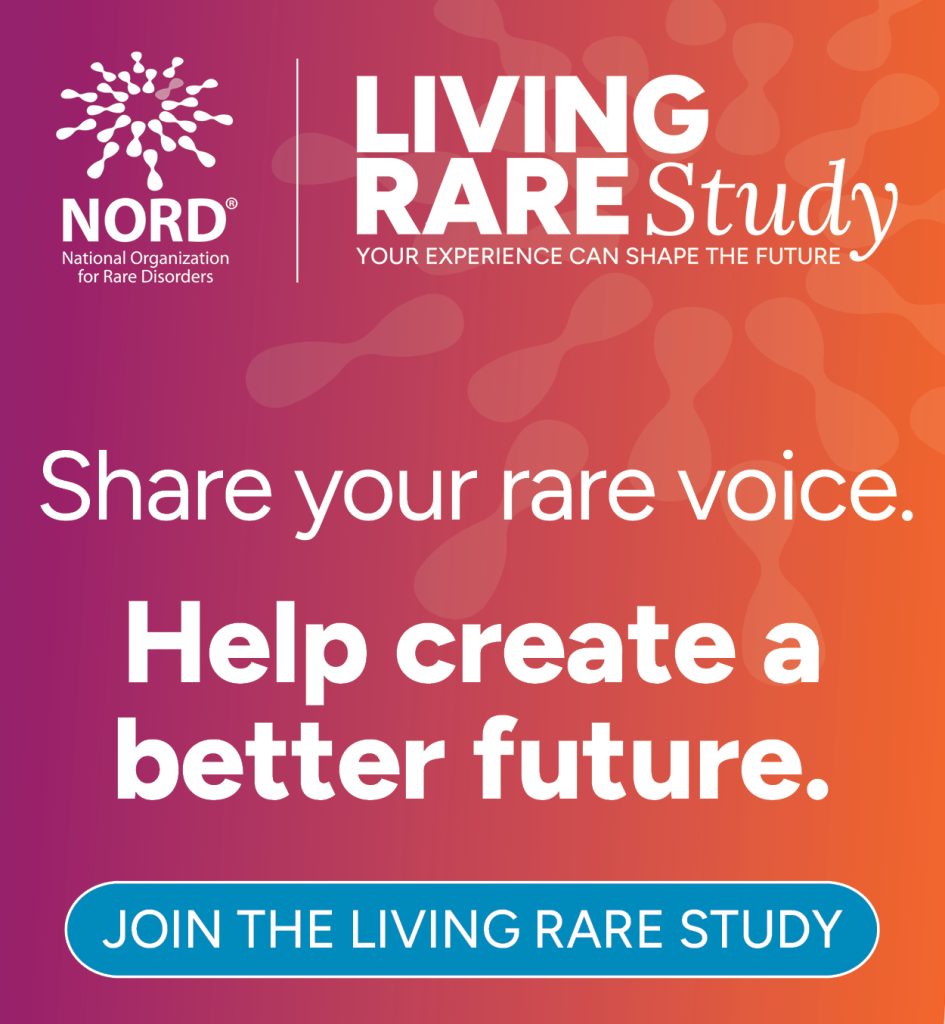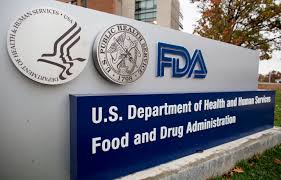By Debbie Drell, Director of Membership
My sister was diagnosed with a rare disease, pulmonary hypertension, in September of 1998. At some point during her diagnosis, she was told she wouldn’t live to see her 30th birthday. She was 28. There was one drug recently approved for her disease, and while it had serious and painful side effects, it was keeping her alive.
Fast forward nearly two decades later and she’s sitting on a panel speaking with other patients to the US Food and Drug Administration (FDA), talking about her hopes for better living with the disease and better therapy options. The panel was part of a larger “Patient-Focused Drug Development” meeting with the FDA, but I did not care what it was called. I wanted them to know that my sister would deal with the painful side effects if it meant more time to see her children grow older and have children of their own. My sister has always dreamed of having grandchildren to play with.
As her caregiver, I did not really know the extensive role that FDA played in drug development, I just thought they approved drugs or rejected them based upon some set of criteria that scientists and researchers decided. Do scientists really know what risks patients are willing to take? How could they know what patients deem benefits worthy of the risks? Do patients have a say? I never thought they did.
FDA is working with the National Organization for Rare Disorders (NORD) through a special partnership to bring voices like my sister’s (and mine!) to their scientists to help understand what matters to patients for new drugs being reviewed by the FDA.
The people who are impacted the most by disease, patients and their caregivers, have been involved in the past, but this is a new way for scientists and FDA regulators to really listen to them share their very honest dreams, hopes, fears and wishes for their loved ones and themselves.
The FDA created the Rare Disease Patient Listening Sessions in partnership with NORD. After a one-year pilot phase, these Listening Sessions offer patients and caregivers an opportunity to speak directly to FDA staff about what it is like to live with a specific rare disease. They help FDA staff understand the patients’ perspective about their disease, needed treatment options and meaningful outcomes.
Our colleagues at the Patient Affairs Staff recently wrote about some of the specific ways they’ve learned from these Listening Sessions including:
- In a recent Listening Session on a particular gene therapy, FDA reviewers learned that some patients and caregivers are less likely to enroll themselves or their child in a clinical trial if their current prophylaxis treatment is working and manageable.
- FDA learned that patients of a specific rare disease would feel more comfortable enrolling in a clinical trial if there were more consensus about the advantages and risks of the gene therapy.
- FDA reviewers learn about patient perspectives as they try to prioritize symptom management and side effects, treatment impacts on daily life, and the tradeoffs between benefits and risks of a treatment, as well as more clinical aspects of that treatment.
We are grateful to collaborate with the FDA on these Listening Sessions. They have already conducted 12 Rare Disease Patient Listening Sessions with patients, caregivers, and advocates on rare diseases either selected by FDA review staff or brought to FDA by outside patient advocacy groups. Learn more about these sessions and read the summaries posted on the Patient Listening Sessions page on FDA.gov.




